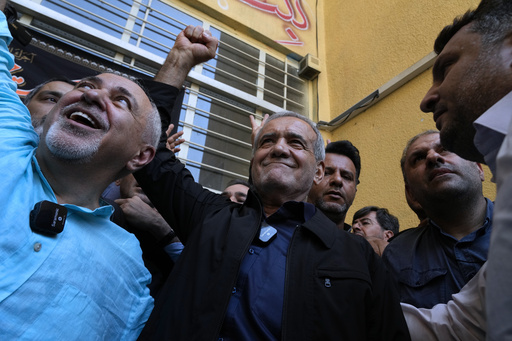In recent elections in France, the UK, and Iran, a trend of leftist victories over right-wing and authoritarian parties seemed apparent. In France, a leftist coalition surpassed the far right in legislative elections, while Britain’s Labour Party came back to power in a significant win after years of Conservative leadership. Likewise, in Iran, voters chose a more moderate candidate, Masoud Pezeshkian, in a limited presidential election held in the aftermath of Ebrahim Raisi’s death.
Despite these victories, analysts suggest that the sway of right-wing ideals may not have been completely halted, as many voters across various nations remain divided and disenchanted amidst economic challenges. In France, although the far-right National Rally was rejected by voters, President Emmanuel Macron’s centrist party faced a setback, leading the country into a state of uncertainty amid European and global instability.
In contrast, the UK’s Labour Party, led by Prime Minister Keir Starmer, secured a huge majority in the recent elections, marking a historic defeat for the Conservatives. The victory, though significant, reflects a fragile situation, with various factors influencing the election outcome, such as discontent towards the Conservatives and the emergence of the right-wing Reform UK party.
Across Europe, a growing lack of confidence in governmental capabilities amid globalization challenges is noticeable. This period of political turbulence underscores the need for moderation and creativity in navigating the complex political landscape.
In France, despite a defeat for Marine Le Pen’s National Rally party, there is speculation that they may regroup and strategize for future elections. Similarly, in Iran, Pezeshkian’s election may not bring about significant changes, as he aligns with Iran’s current theocratic structure and maintains close ties with the conservative establishment.
Overall, the recent elections in various countries reveal a prevalent anti-incumbent sentiment driven by economic hardships and discontent with current governance. Ideological shifts play a lesser role compared to tangible improvements in citizens’ lives, underscoring a global trend of voters seeking change in leadership based on immediate concerns rather than overarching political ideologies.


